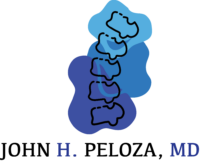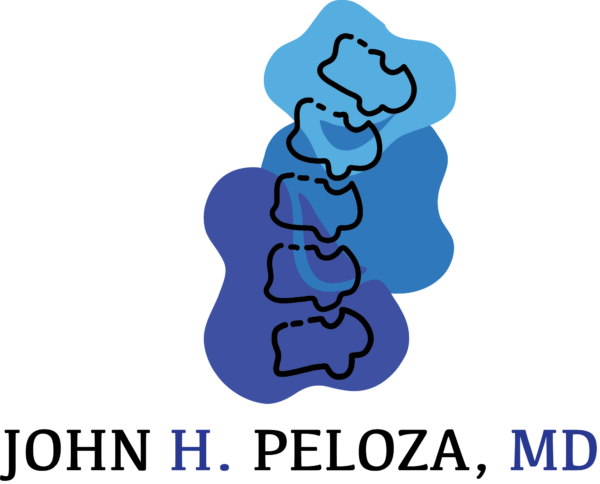
Can Massage Help Your Back Problem?
Massage therapy has been a popular back pain treatment for quite some time. But the question is, does it actually work? The answer is it depends on the root cause and severity of your back problem. Studies have proven that massage can provide a variety of benefits to those with back pain.
Some of these benefits include greater blood flow and circulation, less muscle tension, and more levels of endorphins, which is the "feel good" chemical in your brain. If your back pain is the result of any of these issues, massage therapy is certainly worth considering.
Muscle Strain
In most cases, lower back pain is the result of muscle strain. You may strain your muscles after you lift something heavy, move abruptly, or experience a fall. Muscle strain can lead to inflammation, which can cause pain and mobility challenges. A massage therapist can improve the irritation and help your range of motion.
Spine Osteoarthritis
Spine osteoarthritis occurs when the joints in your spine deteriorate and are no longer to perform at their optimal level. It can cause joint inflammation and when it progresses, pain may develop. Massage can reduce stress and muscle tension and improve circulation. If you are living with spine osteoarthritis and opt for massage therapy, be sure to go to a professional with expertise in arthritis.
Fibromyalgia
Fibromyalgia is a common disorder that prompts muscle pain as well as fatigue and sleep challenges. It's widely seen in women and can also lead to uncomfortable symptoms such as TMJ disorders, irritable bowel syndrome, and tension headaches. If you have fibromyalgia, you may face pain in particular trigger points, which massage can improve by distributing it more evenly.
Types of Massages
There are a variety of massages that a therapist can perform. Your condition, symptoms, and goals will dictate which one they choose. Here's an overview of several of the most common types of massages for back problems.
- Swedish Massage: Pairs light strokes in one direction with pressure in another to alleviate tense muscles.
- Deep Tissue Massage: Treats chronic tense muscles via slow strokes and an emphasis on friction and pressure.
- Myofascial Release: Releases tension in fascia and is typically recommended following a muscle-related injury.
- Trigger Point Massage: Puts direct pressure on specific trigger points.
Despite the fact that massage therapy is usually safe, it's a good idea to consult your doctor before you begin massage therapy for any condition.



